Electric vehicle (EV) sales in India have picked up since Elon Musk's trip there, which is good news for the market. India's car market is about to change a lot because Tesla, which makes electric cars, might open a store there.
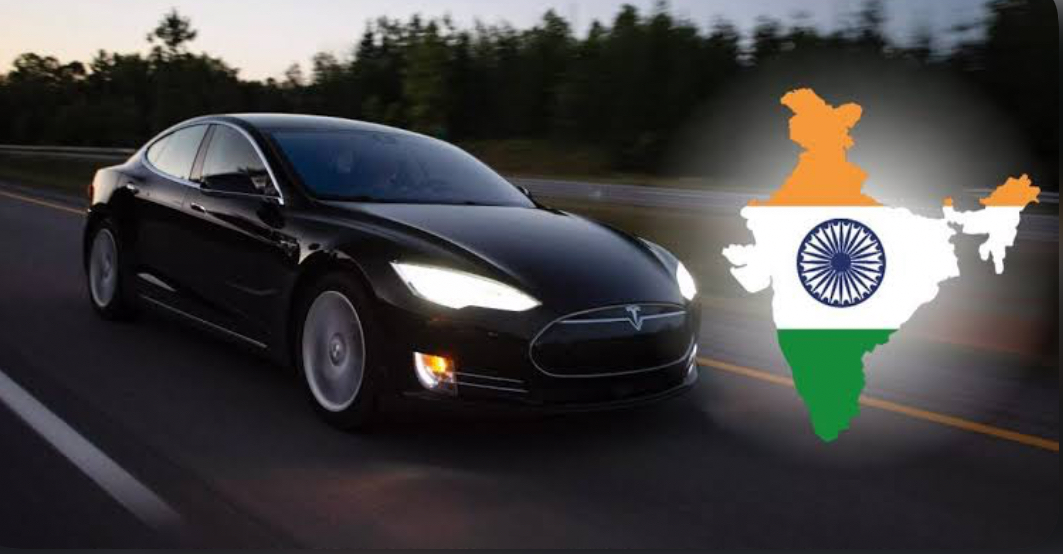
India could assist Tesla in overcoming his difficulties
Tesla is currently facing problems, even though it was one of the first companies to make electric vehicles. Their future growth is uncertain because sales are going down, the stock price is dropping, and they are facing tough competition from Chinese companies. India can help with this.
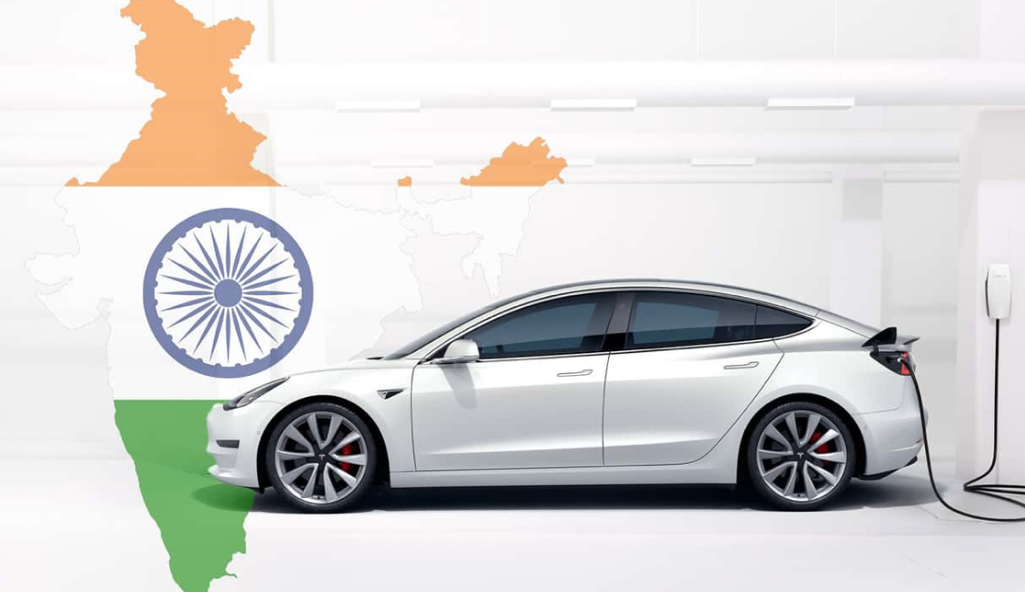
A Booming Market: Experts predict that India's car market will reach $217.9 billion by 2031, ranking third globally. Tesla has a great opportunity because the government is pushing for electric vehicles, and the market has so much promise.
Policies that are good for business: The Indian government's new policy that lets companies set up factories in India with lower import duties is a big deal for Tesla. Reports say that Tesla wants to invest $2–3 billion in an Indian factory that will make an affordable electric car, probably priced around Rs 25 lakh. This policy complements those plans perfectly.
India's EV Ecosystem: A Work in Progress
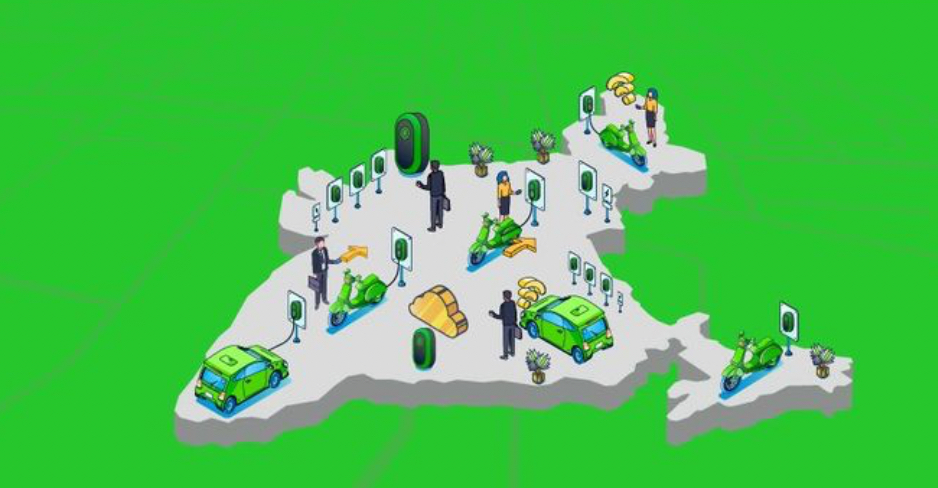
While India's EV market is growing, it's still nascent. Here's a closer look at the current state:
- Domestic Dominance: Tata Motors currently leads the Indian EV market, followed by MG Motor India and Mahindra & Mahindra. Tesla's entry could disrupt this landscape, introducing new technology and potentially driving down prices.
- Infrastructure Needs: A robust charging infrastructure is crucial for widespread EV adoption. India is actively building its charging network, but significant progress is needed to match the anticipated EV growth.
- The China Factor: The influx of affordable Chinese EVs could pose a threat to Tesla's market share. However, the Indian government's cautious stance on Chinese investments might offer some protection.
A Potential Reliance-Tesla Partnership?
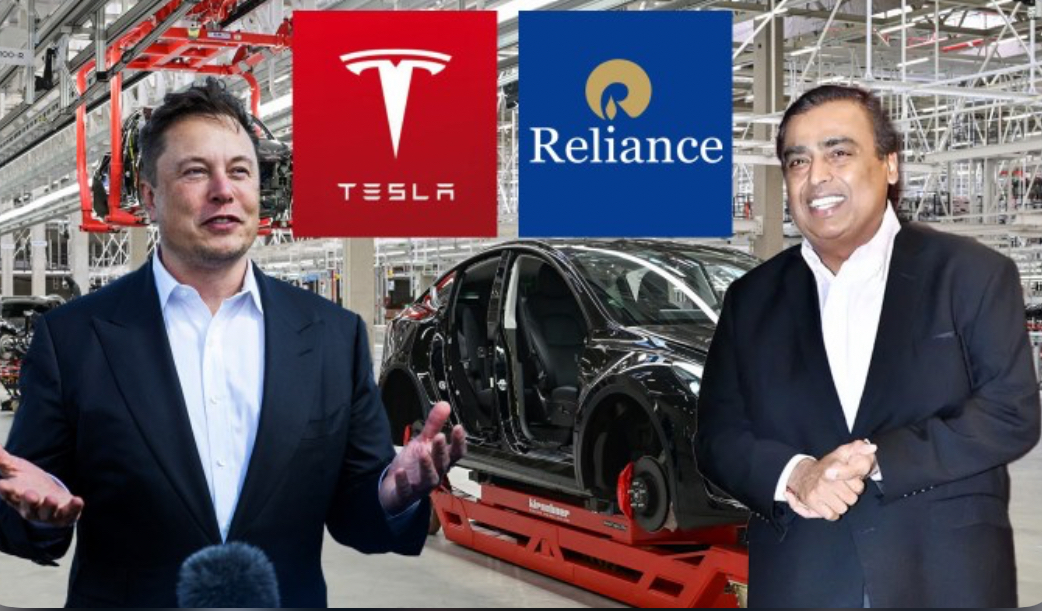
Reports suggest discussions between Tesla and Reliance Industries, led by Mukesh Ambani, India's richest man. This collaboration could be mutually beneficial:
- Tesla gains: Reliance's vast network and expertise in manufacturing and retail could significantly expedite Tesla's entry into the Indian market.
- Reliance gains: Partnering with Tesla would bolster Reliance's presence in the future-oriented EV space, enhancing its technological prowess and brand image.
India's AMP 2026
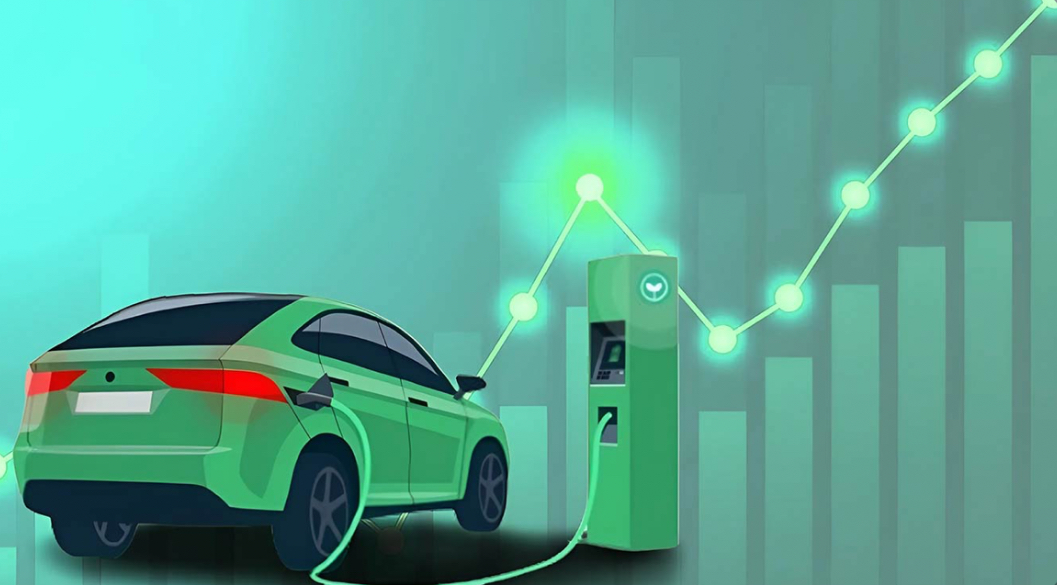
The Automotive Mission Plan (AMP) 2026 envisions a five-fold increase in the Indian auto industry's revenue by 2026. This ambitious plan outlines a roadmap for:
- Growth: Reaching a production target of 76 million units by 2026.
- Technological Advancement: Fostering research, design, and manufacturing of EVs and their components.
- Job Creation: Stimulating growth across various sectors, including manufacturing and services.
The Road to a Sustainable Future
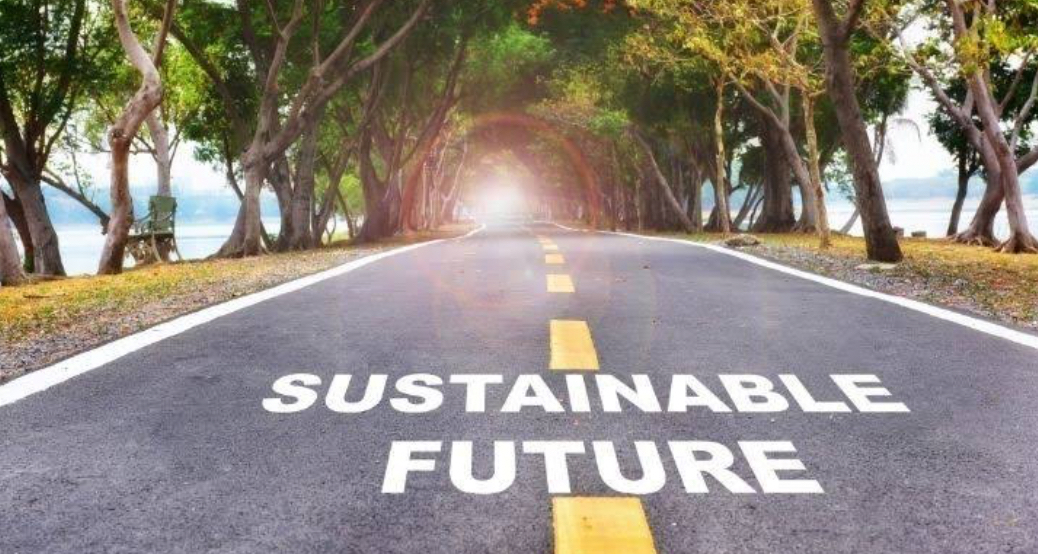
Tesla's India foray has the potential to be a win-win situation. For India, it signifies a significant step towards becoming a global EV hub, attracting further investments, creating jobs, and fostering technological advancements. For Tesla, India offers a massive market, a chance to rejuvenate its growth, and a strategic foothold in the world's fastest-growing economy.
The success of this venture hinges on:
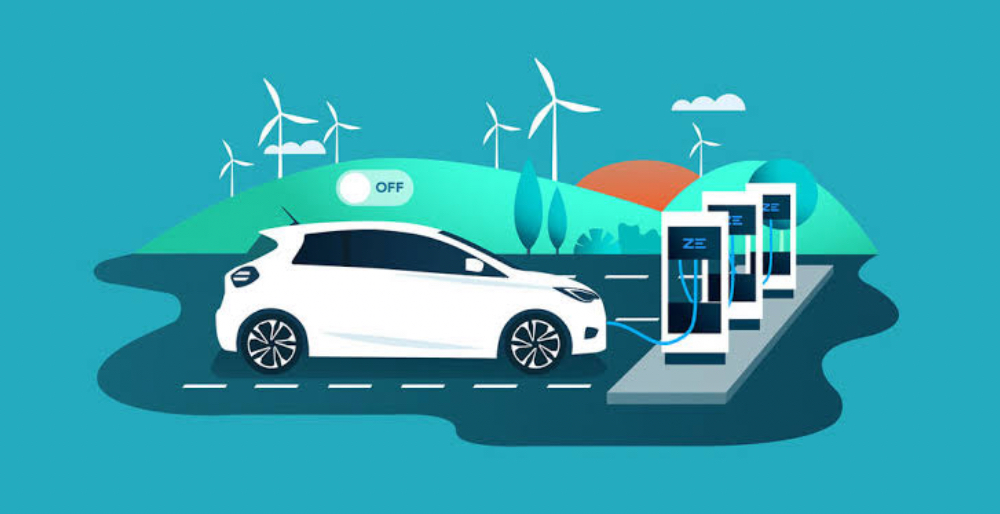
- A clear roadmap: Both Tesla and the Indian government need to establish a clear roadmap with defined goals and timelines.
- Infrastructure development: Building a robust charging infrastructure is essential to alleviate range anxiety and encourage EV adoption.
- Skill development: Investing in training programs to create a skilled workforce is crucial for the long-term sustainability of the EV ecosystem.
If these factors are addressed effectively, Tesla's India gamble could pave the way for a more sustainable and electrified future for both parties.
Image Source: Multiple Agencies
© Copyright 2024. All Rights Reserved Powered by Vygr Media.























